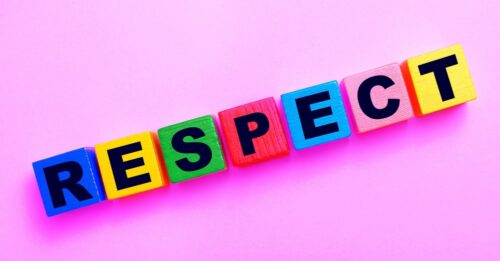This research by the American Psychological Association is summarised as follows:
For many people, discrimination is an everyday reality. Discrimination is the unfair or prejudicial treatment of people and groups based on characteristics such as race, gender, age or sexual orientation.
What is discrimination?
Discrimination is the unfair or prejudicial treatment of people and groups based on characteristics such as race, gender, age or sexual orientation. That’s the simple answer. But explaining why it happens is more complicated.
The human brain naturally puts things in categories to make sense of the world. Very young children quickly learn the difference between boys and girls, for instance. But the values we place on different categories are learned – from our parents, our peers and the observations we make about how the world works. Often, discrimination stems from fear and misunderstanding.
Stress and health
Discrimination is a public health issue. According to the 2015 Stress in America Survey, people who say they have faced discrimination rate their stress levels higher, on average, than those who say they have not experienced discrimination. That’s true across racial and ethnic groups.
Chronic stress can lead to a wide variety of physical and mental health problems. Indeed, perceived discrimination has been linked to issues including anxiety, depression, obesity, high blood pressure and substance abuse.1
Discrimination can be damaging even if you haven’t been the target of overt acts of bias. Regardless of your personal experiences, it can be stressful just being a member of a group that is often discriminated against, such as racial minorities or individuals who identify as lesbian, gay, bisexual or transgender (LGBT).
The anticipation of discrimination creates its own chronic stress. People might even avoid situations where they expect they could be treated poorly, possibly missing out on educational and job opportunities.
Discrimination, big and small
Laws are in place to protect people from discrimination in housing and employment.
Attributions: American Psychological Association



















